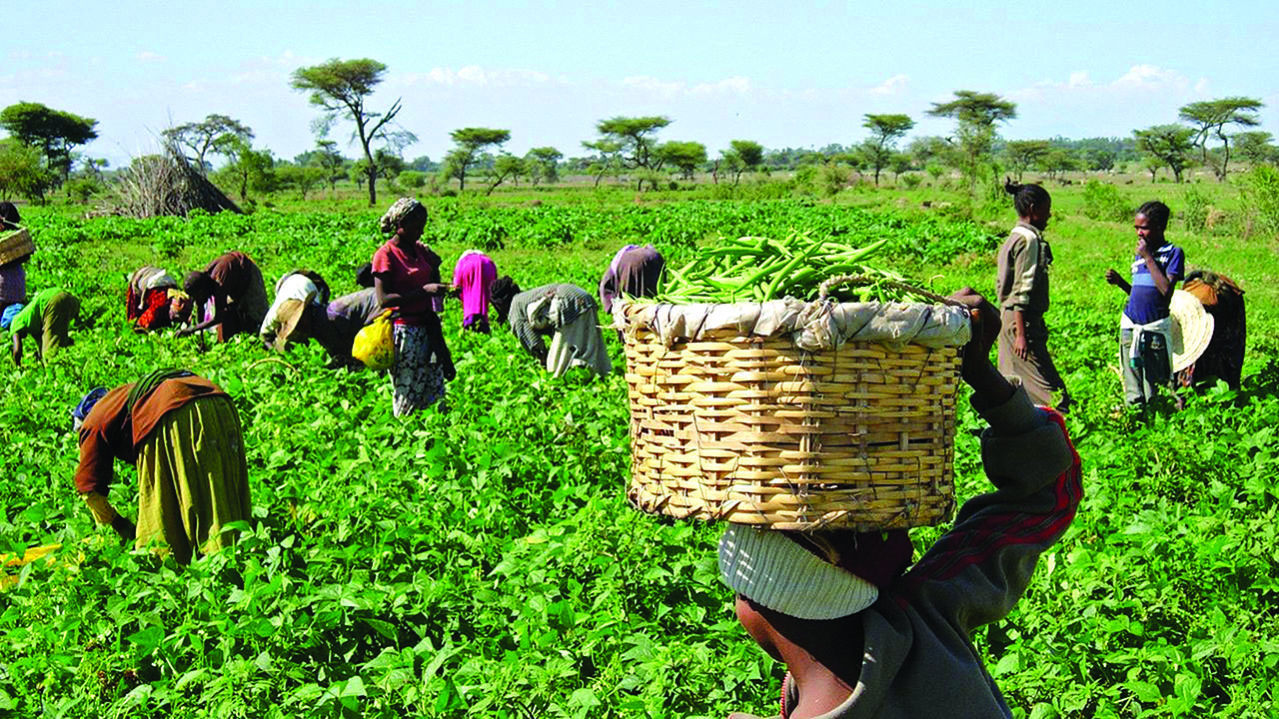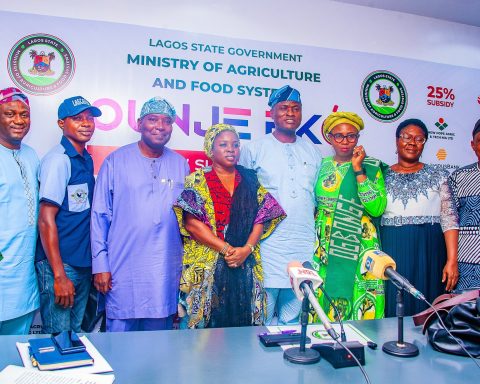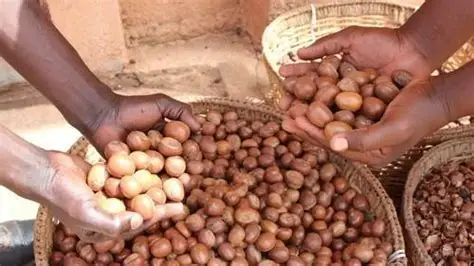The Islamic Development Bank (ISDB), is set to release the sum of $150million to develop special Agro-Processing Zones in Nigeria.
Dr. Mansur Muhtar, the Vice President, Country Operations for the ISDB who disclosed this at the 5th Africa International Conference on Islamic Finance (AICIF) in Abuja said this is part of efforts to support its member countries in social development, physical infrastructure and industrialization.
Speaking at the conference, which focused on the theme “Infrastructure Financing, Sustainability and the Future of African Markets 2.0,” Dr. Muhtar said Islamic finance would play a crucial role in developing Africa’s financing infrastructure gap.
Join our WhatsApp ChannelREAD ALSO: CBN, Heritage Bank, Target 60% Reduction Of Yearly Wheat Imports
He said Islamic Finance offers several features and practices that can support infrastructural growth in Africa. He believed that Islamic finance could mobilize funds for sustainable infrastructure. Its growth would support financial inclusion and offer necessary domestic capital to fund infrastructure and diversity in financial products. Dr. Muhtar decried that Africa represents less than 1per cent of the global Sukuk issuance as of 2020.
In his remarks, the 14th Emir of Kano and former Governor of the Central Bank of Nigeria, Mohammad Sanusi II, said Sub-Saharan Africa is battling with a colossal infrastructure financing deficit.
He added that the COVID 19 also added another dimension, particularly to the health care system, due to its massive infrastructure deficit. According to him, Islamic finance has grown from a niche to a mainstream financial intermediation system. An increasing number of institutions offer ethical financial services, increasing asset size, geographical spread, and being embraced by emerging economies.
Citing the 2021 August Islamic Financial Stability Report, the keynote speaker said the industry has witnessed a total asset of US$2.7trillion as of 2020 and recorded a growth rate of 10.7per cent year-on-year, especially from Islamic banking Islamic capital market.
He said the Islamic finance framework started by Sudan and was fine-tuned by Malaysia and widely adopted by several jurisdictions to the south ad southeast region, including Bahrain, the UAE, Kuwait, Indonesia, Pakistan and Oman.
He said the Central Bank of Nigeria had introduced several liquidity instruments in the non-interest market. Also, all the system regulatory authorities such as CBN, NAICOM, NDIC, PENCOM and SEC have adopted Islamic finance as an alternative form of financial intermediation and created a level playing field for its institutions.
He noted that the cost of closing Africa’s infrastructure gap is around US$360billion. At the same time, from 2011-2040, alternative finance is being explored alongside infrastructure bonds and public-private partnership arrangements to close the gap.
He decried that less than 1% of Africans have access to bank accounts, causing self-exclusion due to religious consideration. He said for infrastructure development and financial inclusion, Islamic financing facilities can be used for funding various social projects, student education and loans, and financing real energy projects, among others.
The former CBN Governor added that Islamic finance provides an alternative for resource mobilization and can grow the investor base seeking socially responsible and ethical investments, with fair and equitable allocation of sustainable development goals.
Also, the Minister of Finance, Budget and National Planning, Mrs Zainab Ahmed, said the federal government had prioritized Islamic Finance by leveraging the Sukuk to finance infrastructure.
She informed stakeholders that the government is planning the 4th issuance of an over N200bn Sukuk. According to her, the federal government will continue to explore different financing options such as public-private partnerships PPP.
She added that the budget and national planning ministry would continue to support innovative finance, and Islamic finance will play an important role. The event featured three plenary sessions, which discussed “Continental Trade and Investments: Championing Islamic Finance For Africa; plenary session focused on “Financing Healthcare Infrastructure: Where is my Sukuk? and “Intervention for Social Development Finance.”












